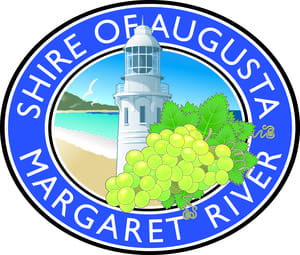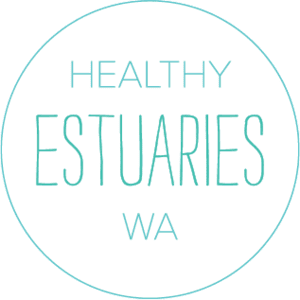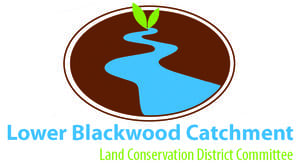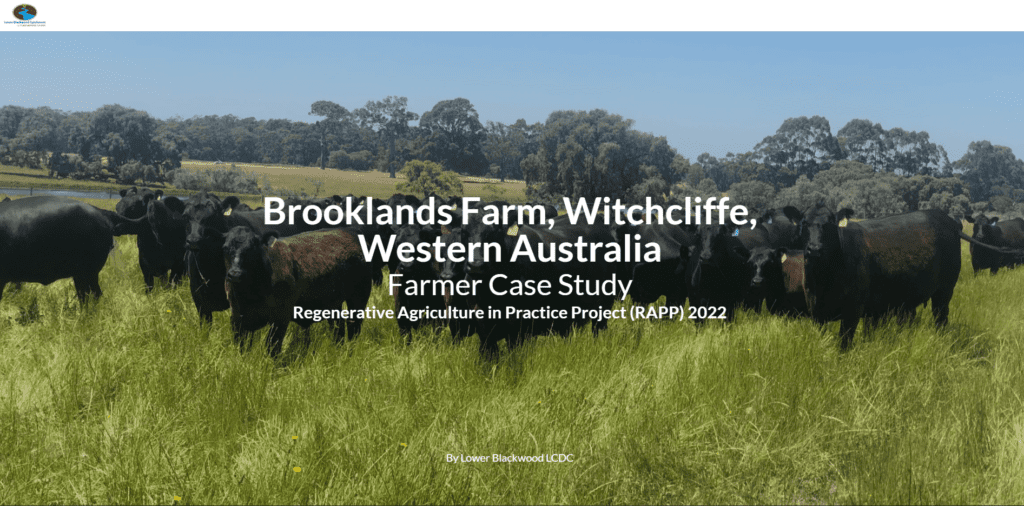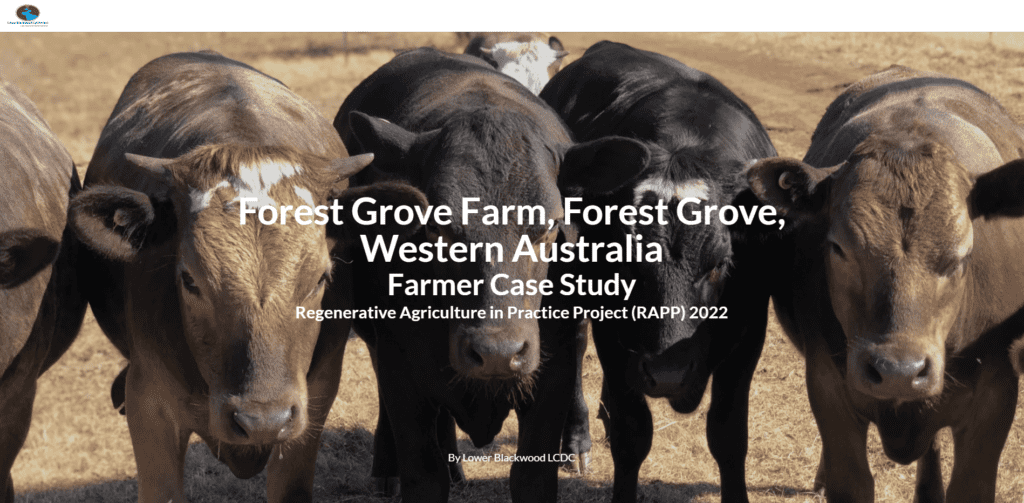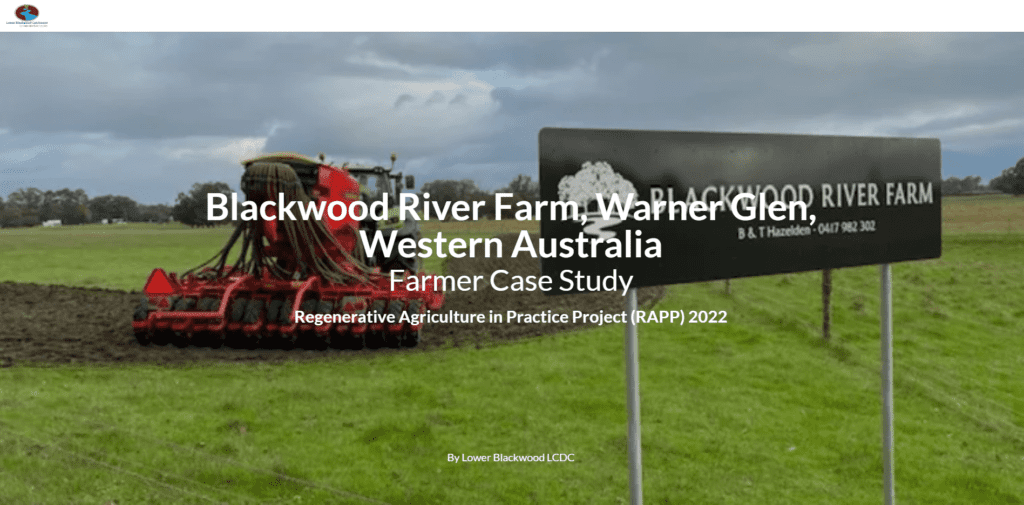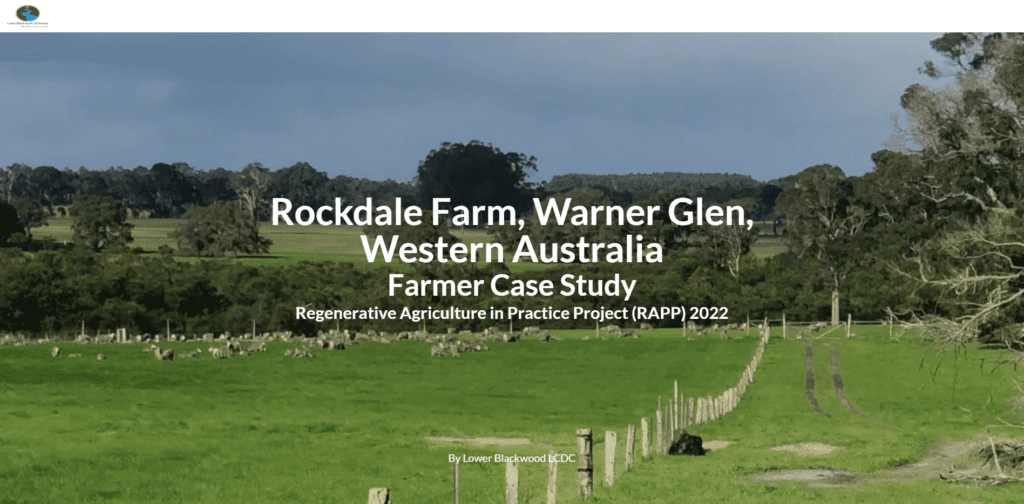This project is now completed. Please see project resources developed below:
Webinars
Podcasts
Case Studies
The Project: A whole of landscape approach
Regenerative agriculture is a 21st century, science based way of farming, it applies an ecological approach to agriculture, working with the ecology of a farm to achieve profitable production along with looking after the natural capital of an enterprise, its soils, water, vegetation & wildlife.
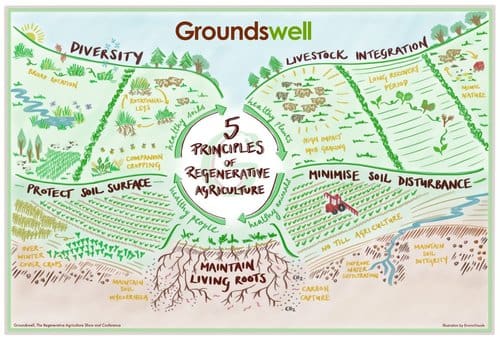

The 2022 Regenerative Agriculture in Practice – A Whole of Landscape Approach project expands on our both our 2020 (Grazing Management) & 2021 (Building Resilience) projects under the Augusta Margaret River Shire’s Environmental Management Fund. Based on the previous 2 years project experience the need was identified for a more holistic & planned approach to the introduction of regenerative agriculture concepts and prompted the inclusion of a whole farm planning component as stage one of the project. In this component participating landholders will develop a Regenerative Whole Farm Plan, assisting landholders to understand how their farm landscape works, identify, assess & prioritise issues, identify carbon farming project opportunities and work up well thought out & appropriate strategies for the improvement of overall landscape health and enterprise productivity on their farms for the long term.
Both the Soil Health and Grazing management components of project have been retained from previous years (including workshops, on-farm consults, monitoring, evaluation and supporting resources), however this year sees the inclusion of an important key focus on peer group learning, with the participants being supported by expert coaches (in soil health, and grazing), other farmer mentors and regular on-farm meetings throughout the year. This will also include the previous project alumni for more effective peer group learning and the development of a larger local mentor pool.
The full project is open to 15 grazing landholders in the Lower Blackwood LCDC catchment.
The Project Components in Summary
Part 1: WHOLE FARM PLANNING
- Plan Your Farm Landscape – 4 Day Course
Part 2: BUILDING SOIL HEALTH & RESILIENCE
- Component 1 – Individual on farm soil assessment & soil health consultation
- Component 2 – A 1 day workshop & field day on Practices to Build Soil health
- Component 3 – Soil Health Group Coaching Sessions (2)
Part 3: REGENERATIVE GRAZING MANAGMENT
- Component 1 – A 1 day workshop & field walk on Regenerative Grazing
- Component 2 – Individual on farm grazing planning & management consultation
- Component 3 – Regenerative Grazing Group Coaching Sessions (2)
For full details on each component scroll down.
The Project Part 1: PLAN YOUR FARM LANDSCAPE
A 4 DAY COURSE TO DEVELOP A WHOLE FARM PLAN FOR A SUSTAINABLE FUTURE.
Presented by David Hardwick from Soil Land Food, this innovative 4 day course (presented in 2 x 2 day parts over 2 months) will show land managers how to design and plan a healthy, resilient and productive rural landscape for their farm business in the 21st century.
At the end of the course land managers will have the confidence to identify issues, make decisions and take action to start improving landscape health and enterprise productivity on their property.
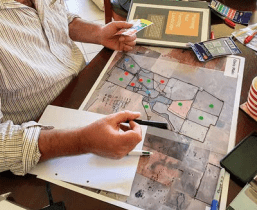

The course includes:
- how to “see” your landscape using landscape thinking
- about Landscape Patches: the pieces of your farm’s landscape jigsaw
- the water and nutrient cycles in rural landscapes
- how energy flows and biodiversity functions in rural landscapes
- climate, landforms & soil types on your property
- about the landscape and agricultural elements of rural planning
- the different approaches to property planning
- the 10 steps to effective property planning
- use maps for property planning
- set goals for your farm’s rural landscape & enterprises
- assess your farm’s rural landscape
- identify & prioritise issues
- brainstorm strategies for improvement
- develop a Farm Plan for a sustainable future
Who is David Hardwick?
David Hardwick, is an agroecologist & partner in the rural change management company Soil Land Food.
David has over 20 years experience in rural landscapes, farming and food systems. He develops and delivers many of the extension projects for Soil Land Food across Australia. He worked in community development and then horticulture before completing a dairy traineeship on an organic dairy in NSW. Since then he has had a wide ranging career working in both management and technical roles. These include Landcare extension, agronomy, soils, agribusiness, biofertiliser R&D and manufacturing, organics, training, and consulting positions.
David’s passion is agroecology and empowering farmers with knowledge and skills that make a difference!
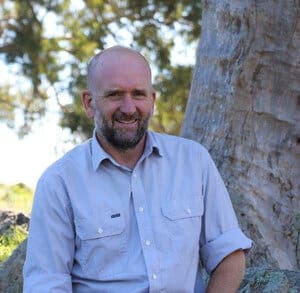



The Project Part 2: Building Soil Health & RESILIENCE
Component 1: Soil Health Consultations
The 15 full program participants will each be entitled to an Individual Soil Health Consultation and a Soil Health Regeneration Plan with local regenerative agriculture agronomist, Anthony Quinlan.
The consultation & plan will include:
- Soil Testing
- Interpretation & Identification of Limiting Factors
- Recommendations for next steps
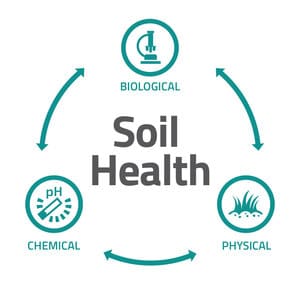

Who is Anthony Quinlan?
Though his business, Soil Dynamics, Anthony performs land capability assessments and consults to many organic growers from vineyards to vegetables. He has also been making compost for over 20 years and was a pioneer in the development of compost extracts.
In recent years Anthony has developed a range of bio-stimulant based fertiliser products and a custom blending facility that produces prescription mineral blends for individual client needs.
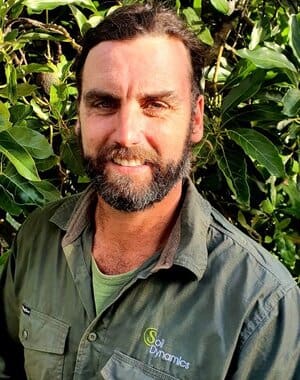



Component 2: Practices to Build Soil health WorkShop & Field Day
Increasing humus is key to building resilient soils. Facilitated by local agroecologist Mark Tupman, and guest presenter David Hardwick, this hands-on workshop will focus on some of the practical methods to aid in achieving this, including the use of multi species pasture mixes and bio stimulants.
In addition to the 15 project participants, the workshop will also be open to 40 other attendees from the wider AMR shire.
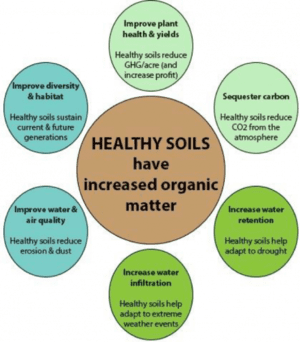

Who is Mark Tupman?
For over two decades Mark has been active in the fields of organic/biodynamic production, permaculture, sustainability, agro-ecology and holistic management and in between times managed an orchard, animals and food gardens on his own property.
In 2002 he was employed by the VET sector where he had the opportunity to set up and teach horticulture (organic production) courses at several regional campuses but with a growing calling, in 2015 he formed Productive Ecology, a consultation and education business that specialises in the establishment of integrated living production systems.
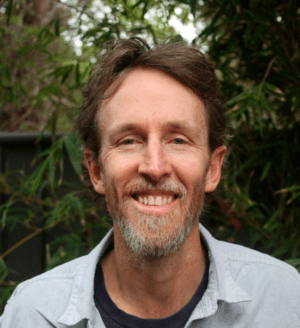



Component 3: Soil Health Coaching Sessions
Project soil coaches Anthony Quinlan and Mark Tupman will facilitate 2 x peer group sessions for the full program participants for mid-project support and advice.
The Project Part 2: Regenerative grazing management
Component 1: A 1 day workshop & field walk on Regenerative Grazing
There are countless approaches to the management of grazing livestock. The way grazing animals are moved across the landscape influences soil health, pasture species diversity, plant growth and production. Different species graze differently and livestock have different nutritional requirements throughout the year. Planned grazing is an approach that allows you to build soil health optimise pasture health and production while accounting for these changing needs of livestock.
Presenter and Holistic Grazing expert Dr Judi Earl will describe the range of approaches to grazing management and the impact of the different strategies on pasture dynamics, growth and production.
Topics covered include:
- The range of grazing management strategies explained
- Managing animals in tune with seasonal growth cycles
- The effect of the number of paddocks on rest and recovery of plants
- Matching stocking rate to carrying capacity – feed budgeting
- Methods to measure available feed and pasture growth
- The importance of residual herbage mass and pasture utilisation
In addition to the 15 project participants, this workshop will also be open to 40 other attendees from the wider AMR shire.
Who is Dr Judi Earl?
Judi gained a PhD in pasture ecology when she conducted the first studies describing the benefits to pasture composition from planned grazing. She has extensive experience in how grasslands and pastures respond to grazing and fertility management and is a widely respected speaker on these matters.
Establishing the AIMS consultancy in 1998 and a Holistic Management™ educator since 2002,, Judi’s main area of interest is working with land managers to enhance the condition and productivity of their land through improved understanding of ecosystem function and more effective utilisation of available resources.
Judi showcases the capacity of grazing animals to regenerate land on her 454 hectare property, Glen Orton, in NSW.
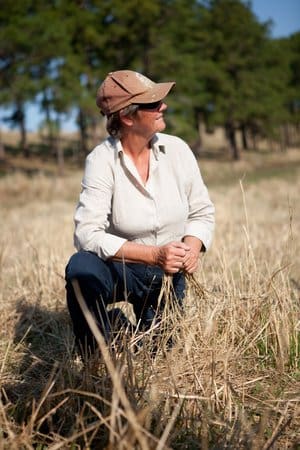

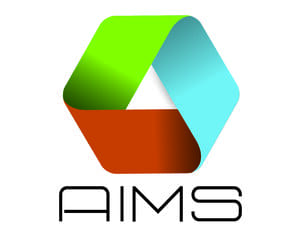

Component 2: Individual Farm Consults
Dr Judi Earl will visit all participant’s properties for an individual farm consultation (1 per participant) to develop a tailored regenerative grazing management plan for their farm.
Component 3: Regenerative Grazing Coaching Sessions
2 peer group regenerative grazing management sessions are included in the project, the first will be facilitated by Dr Judi Earl via webinar, the second will be hosted on one of the demonstration sites and will provide an opportunity for participants to share ideas & experiences.
Other Project Components:
- 4 x Lower Blackwood Regenerative Agriculture in Practice Project Case Studies
- 4 x Regenerative Agriculture Podcasts
- 2 x Soil Health and 2 x Grazing Management Talkin After Hours webinars (or face-to-face seminars)
PROJECT Timeline
- November 25th 2021: Participant Project Applications Open
- December 16th 2021: Participant Project Applications Close
- January 2022: Participant places confirmed.
- February 2022: Individual Soil Health Consultation Farm Visits
- March 3rd 2022: Peer Group Session 1 -Soil Health Coaching
- March 10th 2022: Practices to Build Soil Health Workshop & Field Day (1 Day)
- March 15th & 29th 2022: Whole Farm Planning Workshop Part 1. (5 sessions online)
- April 8th 2022: Peer Group Session 2 – Soil Health Coaching
- May 2nd & May 3rd 2022: Whole Farm Planning Workshop Part 2. (2 days)
- May 9th 2022: 1 day workshop & field walk on “Regenerative Grazing Management”
- May 10th to 17th 2022: Individual Regenerative Grazing Consultation Farm Visits
- July 7th 2021: Peer Group Session 3 – Regenerative Grazing (webinar format)
- August 4th 2022: Peer Group Session 4 – Regenerative Grazing on Demonstration Site (1)
- Sept / Oct /Nov: Monthly Informal Peer Group Sessions. (subject to participant interest & availability)
- December 1st 2022: Peer Group Session 5 – Project Wrap & Debrief
Please note that dates may change, in the event that this occurs all participants will be notified as soon as practicably possible.
Project Eligibility
The full project is open to 15 grazing farming landholders in the Lower Blackwood LCDC catchment. To be eligible to participate in this project applicants must:
- Be a current landholder or land manager residing in the Lower Blackwood LCDC catchment and are grazing cattle or sheep on their property.
- Agree to actively participate in ALL components of the project.
- Agree to be included as a potential case study (a one-page profile on who you are and why you chose to be part of the project, a summary of your production system & current landscape function, your, aims, challenges & desired outcomes). The case study will be housed on the LCDC website & in project publications.
- Pay the subsidised project participation fee: $600 + GST (Total value of project/participant is $4900)
Applications for this project have closed
This project has been enabled through the Augusta Margaret River Shire Environmental Management Fund with support from Healthy Estuaries WA.
